As a sex sociologist, I have spent a lot of time thinking about how society understands and engages with sexual pleasure. From what I have seen in this past year alone, great things are happening in this area: an exciting Declaration of Sexual Pleasure was released by the World Association of Sexual Health, public health journals have begun to focus more on the importance of pleasure for people’s sex lives, health and happiness and amazing new resources are available in apps, sex toys, play parties and broader discussions of pleasure-seeking.
Sexual pleasure matters to people. Research shows both solo and partnered sexual pleasure are important for health and well-being. But sexual pleasure is not always distributed evenly in society. There are significant gaps in who has access to pleasure. What’s more, even as discussions of the importance of sexual pleasure have become more open and de-stigmatized, the pursuit of sexual pleasure itself is all too often dismissed as frivolous or less important than other public health challenges.
Fear of pleasure is not new. Sexuality, sexual desire, passion, and pleasure have been historically viewed as threats to society. We still see this in present-day political discourse and policy, particularly in the ways that sexual pleasure remains censored and suppressed under the guise of religion, medicine, or heterosexuality. This includes stigmatization of sex outside of heteronormative contexts, disregard for the sexuality of disabled, transgender and intersex people, and discounting sexual certain practices, such as masturbation, fetishes, and sadomasochism. These historical and political patterns have often hindered people from experiencing sexual pleasure as a place for exploring and learning.
We can do better.
Below I present four features of sexual pleasure based on existing research interviews. Better knowledge and understanding can allow us to move toward embracing sexual pleasure as a central part of what it means to be human.
Sexual Pleasure is Learned
“It’s better than when I first became sexually active. It became a whole lot better”
Research shows that pleasure is constructed—learned through experimentation, conversations, trial and error, and social interaction. And learning how to generate pleasure consists of two parts: knowledge and technique. Knowledge includes information about physiology or orgasm, while technique involves using this information and specific procedures to generate pleasure. Indeed, people’s accounts of both masturbation and partnered sex emphasize the importance of knowing what to do and how to do it.
People often talk about pleasure as something learned through positive and negative experiences growing up. In initial stages of experimenting, it is all right to take part in acts that were less pleasurable, because these could be learning experiences. When sexual experiences are pleasurable and positive, people try to replicate these scenarios in the future.
Sexual Pleasure is Diverse
“[Pleasure is] feeling, kissing, staring…”
Pleasure is not simple or guaranteed, but complex and multi-dimensional. Pleasure is open to interpretation and different individuals recognize different sensations and situations as pleasurable, or not.
While diversity is good, research also shows inequalities in pleasure. For instance, gender differences in experiences of pleasure are stark. Men frequently report more pleasure during sex and are socialized to more tightly connect sex with physical, pleasurable sensations. Compared to men, women report less sexual pleasure and feel more constrained by cultural ideas around women’s sexuality.
Pleasure is Performed
Everyone, and particularly men, describe pressure to “perform” pleasure. In interviews, men often report feeling pressure to perform pleasure by keeping an erection and giving their partners orgasm to prove their ability as sexual partners. In instances where women do not orgasm, men feel this reflects badly on their performance.
Women also feel pressure to perform pleasure in certain ways. Some women feel pressure “to enjoy it [sex], and if they didn’t enjoy it…[felt]….like I was abnormal.” They felt pressure to fake a few orgasms, just to make him happy. Other females felt pressure to have sex frequently to affirm their desirability.
Pleasure is Linked to Control
While men talk about pressure to perform, women often reference control around pleasure. Women can feel torn between being in or out of control to experience pleasure. During sex, one woman felt “like I’m going to lose control. Not as in going to have an orgasm but actually like, ‘could I stop this right now if I wanted to?” Women seem to draw on sexual scripts where women lose control during sex by having an orgasm or falling in love. Yet, women are also expected to not go “too far” and to maintain responsibility for contraception. For women, tension arises when the part they are supposed to play—staying in control—conflicts with their experience being pleasurable.
So what?
These four features of pleasure are important and interrelated. To learn pleasure, people must acquire certain knowledge and techniques. Next, individuals learn to recognize not only physical, but also diverse sensations as pleasurable. Pressure and control affect experiences of pleasure; exploration and freedom of expression are important for realizing sexual pleasure.
Sexual pleasure is a central driver of sexual behavior and part of the human experience. To ignore sexual pleasure in is to present a conceptualization of sexuality that is disconnected from reality. Embracing the concept of sexual pleasure can make education and healthcare more relevant to people and minimize the stigma associated with sexuality and related negative outcomes. Now is the time to embrace sexual pleasure.



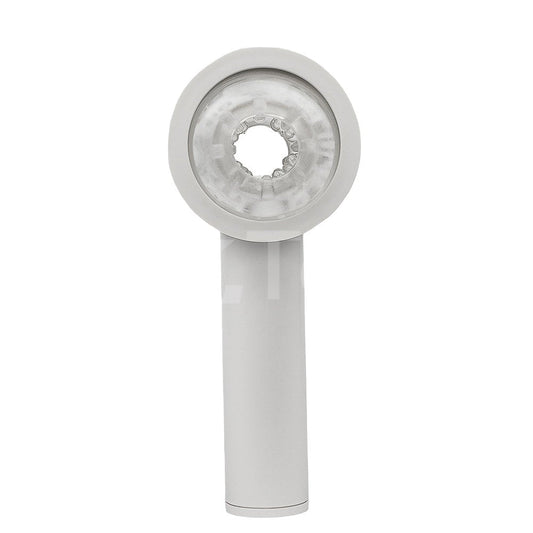

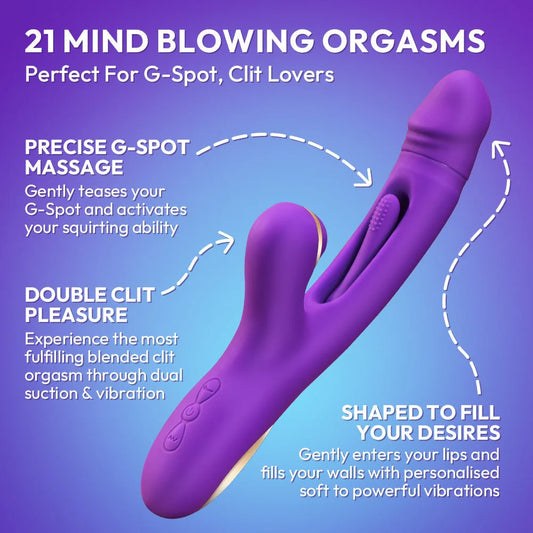

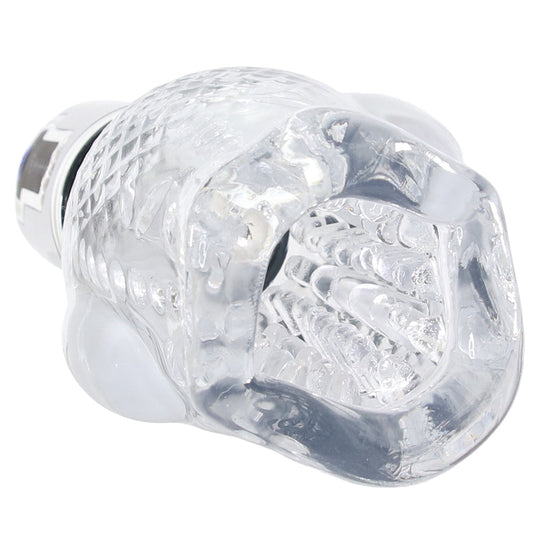

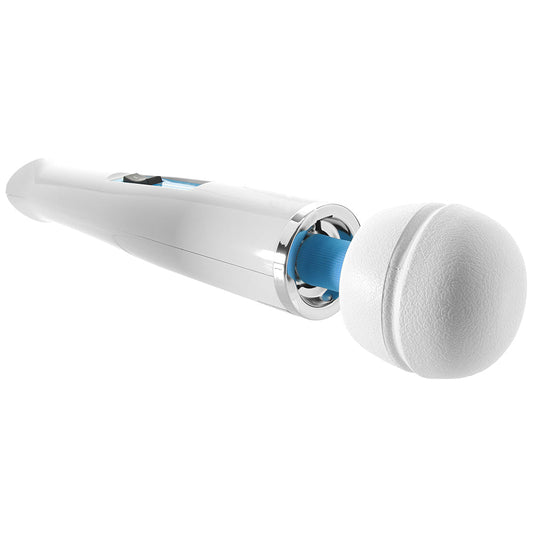


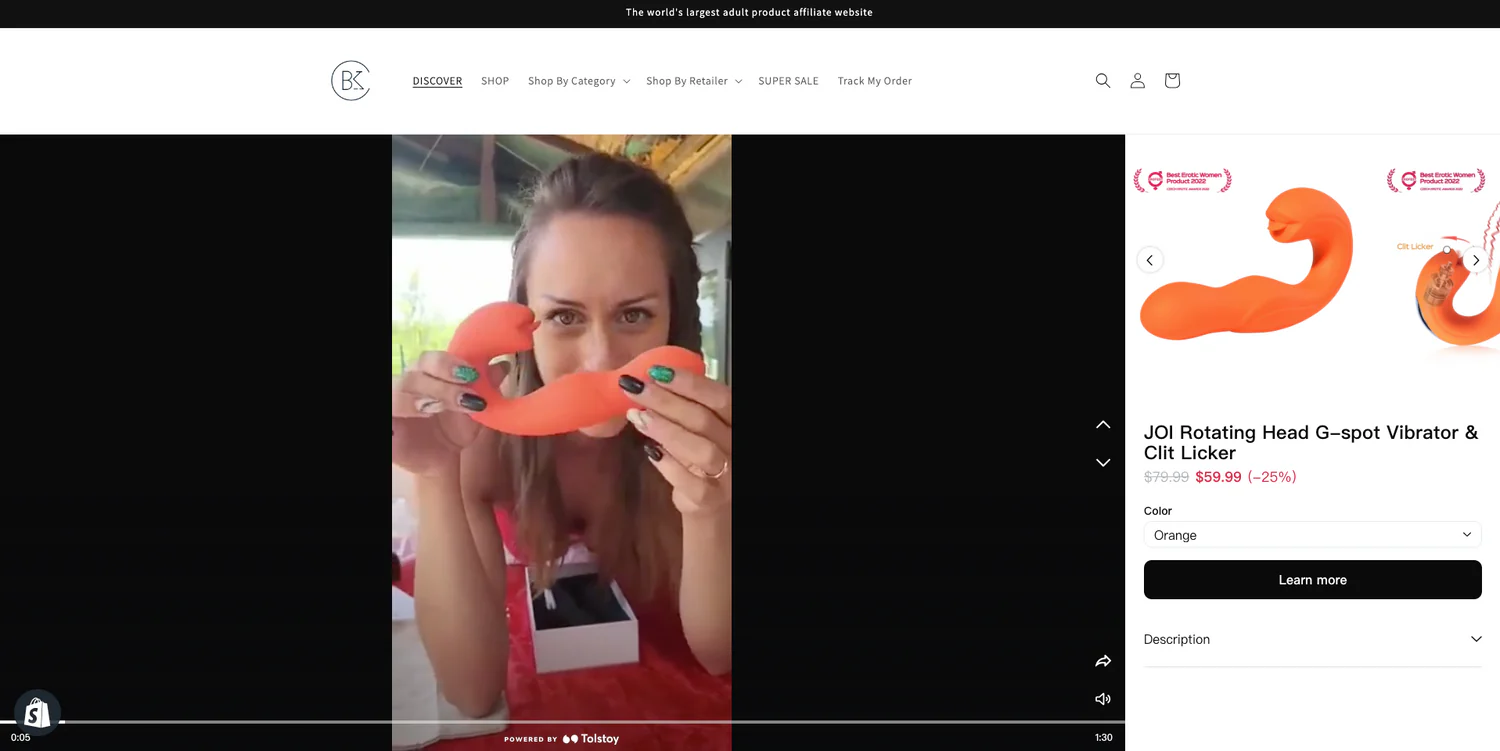










3 comments
Наша группа опытных специалистов находится в готовности предоставлять вам новаторские системы утепления, которые не только подарят надежную протекцию от мороза, но и подарят вашему зданию стильный вид.
Мы эксплуатируем с последними материалами, утверждая постоянный термин работы и превосходные эффекты. Изолирование внешней обшивки – это не только экономия на отоплении, но и трепет о окружающей природе. Энергоэффективные технические средства, каковые мы используем, способствуют не только жилищу, но и поддержанию природы.
Самое основополагающее: [url=https://ppu-prof.ru/]Утепление дома снаружи цена под ключ[/url] у нас начинается всего от 1250 рублей за кв. м.! Это доступное решение, которое превратит ваш домик в подлинный душевный уголок с минимальными затратами.
Наши примеры – это не всего лишь теплоизоляция, это образование области, в где каждый элемент отразит ваш уникальный стиль. Мы примем в расчет все все ваши требования, чтобы осуществить ваш дом еще дополнительно удобным и привлекательным.
Подробнее на [url=https://ppu-prof.ru/]официальном сайте[/url]
Не откладывайте труды о своем помещении на потом! Обращайтесь к экспертам, и мы сделаем ваш помещение не только теплее, но и моднее. Заинтересовались? Подробнее о наших проектах вы можете узнать на официальном сайте. Добро пожаловать в обитель благополучия и качества.
Наша группа профессиональных мастеров находится в готовности подать вам прогрессивные приемы, которые не только ассигнуруют надежную защиту от мороза, но и подарят вашему собственности трендовый вид.
Мы деятельны с последними компонентами, утверждая долгий срок работы и прекрасные выходы. Теплоизоляция наружных поверхностей – это не только экономия на огреве, но и забота о экологической обстановке. Сберегательные технологии, какие мы претворяем в жизнь, способствуют не только вашему, но и сохранению экосистемы.
Самое основополагающее: [url=https://ppu-prof.ru/]Утепление фасада дома цена за 1м[/url] у нас стартует всего от 1250 рублей за м2! Это доступное решение, которое изменит ваш жилище в фактический тепловой район с скромными затратами.
Наши проекты – это не лишь утепление, это создание пространства, в где каждый элемент выражает ваш персональный стиль. Мы примем в расчет все твои потребности, чтобы переделать ваш дом еще еще более приятным и привлекательным.
Подробнее на [url=https://ppu-prof.ru/]ppu-prof.ru/[/url]
Не откладывайте дела о своем ларце на потом! Обращайтесь к специалистам, и мы сделаем ваш помещение не только теплее, но и модернизированным. Заинтересовались? Подробнее о наших предложениях вы можете узнать на портале. Добро пожаловать в пределы спокойствия и высоких стандартов.
Наша бригада профессиональных специалистов приготовлена предоставить вам актуальные средства, которые не только предоставят надежную покров от холодных воздействий, но и преподнесут вашему зданию изысканный вид.
Мы трудимся с современными веществами, обеспечивая долгий продолжительность работы и прекрасные результаты. Изолирование наружных поверхностей – это не только сокращение расходов на подогреве, но и внимание о экологии. Энергоэффективные разработки, какие мы производим, способствуют не только твоему, но и сохранению экосистемы.
Самое первоочередное: [url=https://ppu-prof.ru/]Утепление стен фасада цена[/url] у нас открывается всего от 1250 рублей за квадратный метр! Это бюджетное решение, которое превратит ваш дом в реальный теплый корнер с минимальными затратами.
Наши произведения – это не только изоляция, это разработка поля, в котором все аспект показывает ваш свой образ действия. Мы примем во внимание все твои желания, чтобы воплотить ваш дом еще еще больше удобным и привлекательным.
Подробнее на [url=https://ppu-prof.ru/]веб-сайте[/url]
Не откладывайте заботу о своем помещении на потом! Обращайтесь к спецам, и мы сделаем ваш домик не только согретым, но и более элегантным. Заинтересовались? Подробнее о наших трудах вы можете узнать на портале. Добро пожаловать в универсум уюта и качественного исполнения.